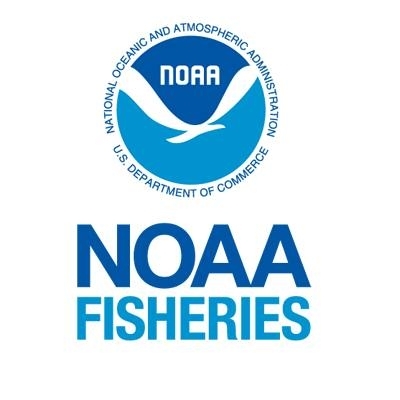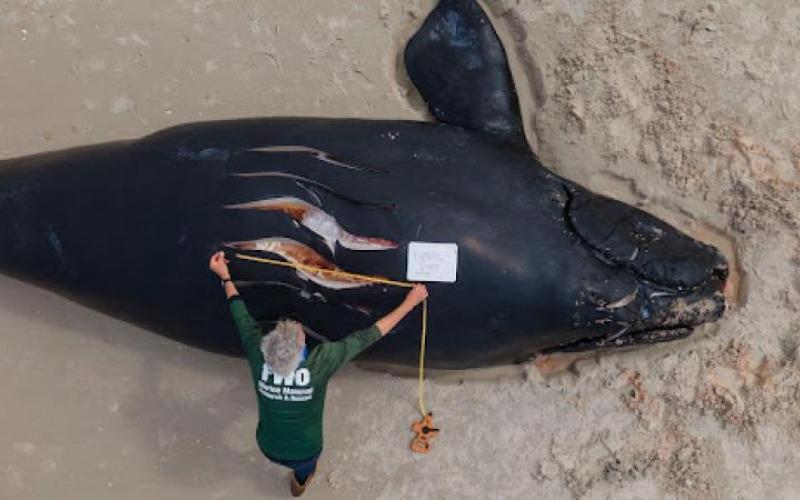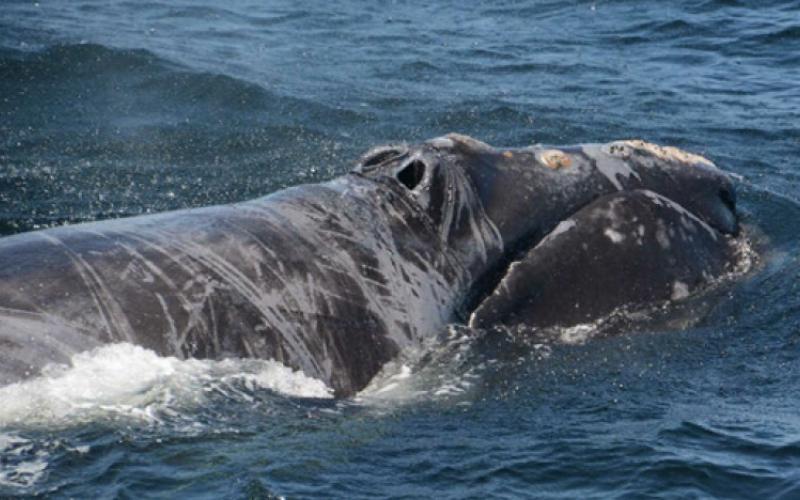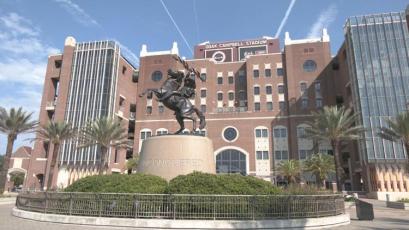WHAT DO YOU THINK?
What do you think of the federal government’s rejecting Oceana’s petition? Send Letters to the Editor to tdishman@fbnewsleader.com. Letters should include the sender’s name, address and daytime phone number.

The Biden administration has declined to act upon an emergency petition filed by Oceana requesting aid for endangered North Atlantic right whales.
On Dec. 6, 2022, environmental activist group Oceana filed an emergency petition with Secretary of Commerce Gina Raimondo and Assistant Administrator of the National Marine Fisheries Service Janet Coit calling for immediate action from the federal government to protect mother-calf pairs from boat strikes.
The petition requested the Fisheries Service immediately put in place modifications to Season Speed Zones for regions in the South Atlantic, a mandatory Dynamic Speed Zone framework and to include most vessels 35 feet and longer in speed restrictions. The Fisheries Service has previously said it expects these regulations to go into effect later this summer.
The regulations currently in place require vessels 65 feet and longer to reduce their speeds to 10 knots or less to protect right whale mothers and calves, who spend much of their time near the surface of the water. With no dorsal fin and coloring much the same as the water around them, right whales can be difficult for boaters to spot, thus the requirement for reduced speeds. Vessel strikes are one of the leading causes of death for North Atlantic right whales.
This decision comes just after a decision by Congress to give the Fisheries Service until 2028 to announce rules for the lobster industry. Right whales sometimes find themselves entangled in commercial fishing gear, which can lead to life-threatening injuries. Experts estimate entanglements kill about four North Atlantic right whales each year.
In the Northeast United States, where the lobster industry thrives, the battle rages on. Fishermen are hesitant to make the switch to ropeless gear, and activists insist there’s not enough time to hesitate. The six-year extension for the Fisheries Service and fishermen, activists say, makes it increasingly difficult to save the right whales from extinction. Oceana estimates an average of 20 new calves a year would be “relatively productive.” However, given the human-caused mortality rate of North Atlantic right whales, 50 or more calves are needed to rebuild the population and stop decline.
Oceana campaign director Gib Brogan said, “We expect our leaders to make hard decisions to fix problems. By rejecting this request to quickly act on its own proposal, the Biden administration is assuming risk for this species…Instead of doing what is necessary to protect North Atlantic right whales, the National Marine Fisheries Service is turning its back on this critically endangered species.”
Experts believe there are fewer than 340 North Atlantic right whales left. Data suggests there are about 70 females capable of breeding in those 340. Right whale mothers can give birth once every three to 10 years after a year-long gestation period. Since November, there have been 12 new calves born with one fatality. The breeding season ends mid-April.
hdorman@fbnewsleader.com





